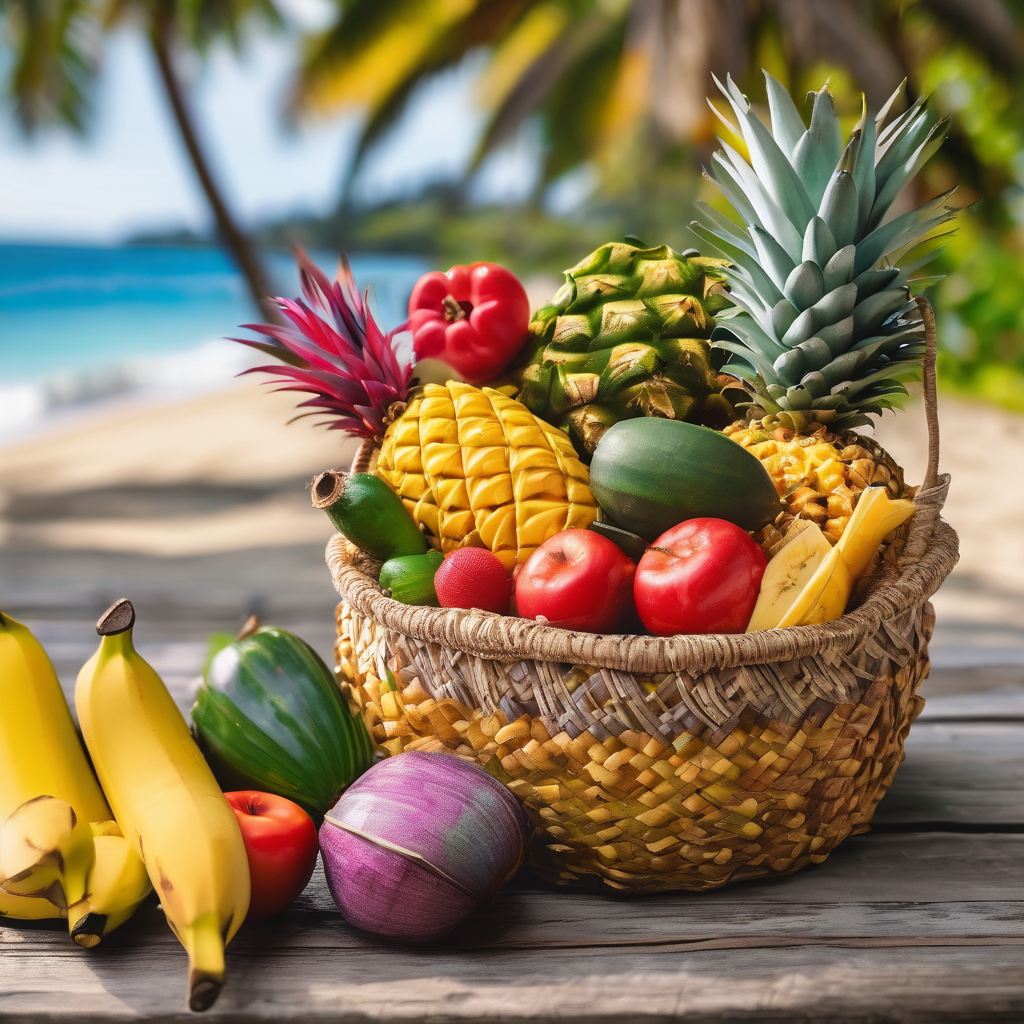Fiji aims to significantly cut its import costs by $24.1 million by enhancing the local production of high-demand fresh produce. This initiative, highlighted by Acting Prime Minister and Minister for Finance, Professor Biman Prasad, was discussed at the National Agriculture Show 2025 in Nadi, taking guidance from a report by the International Finance Corporation (IFC). The report, “From the Farm to the Tourist’s Table,” noted that Fiji’s hotels and resorts spent $74.4 million on fresh produce in 2017, with more than half of this amount used for imports.
The most commonly imported produce includes vegetables such as potatoes and capsicums, fruits like tomatoes and melons, and items like various meats, seafood, dairy products, and packaged juices. Prioritizing these for local production can bolster Fiji’s economic resilience while providing fresher produce to the tourism industry.
Professor Prasad stressed the importance of this initiative by urging innovation in agriculture to position Fiji as a leader in sustainable farming practices. He advocated for adopting new technologies, improving productivity, and fostering collaboration among stakeholders. This effort mirrors past successes, such as the $17 million reduction in fresh and chilled goods imports through local sourcing initiatives like the Farm to Fork program.
These strategic steps aim to not only enhance local food production but also support eco-friendly tourism and align with global sustainability trends. By promoting local produce and decreasing import dependence, Fiji seeks to improve food security and economic resilience and contribute to a sustainable future.
Overall, the effort to cut Fiji’s import expenses by developing local agriculture opens up substantial opportunities for improving economic and environmental sustainability, addressing both local market needs and the burgeoning tourism sector. These strategic initiatives, alongside past achievements, create a blueprint for a more self-reliant and thriving agricultural sector in Fiji.
